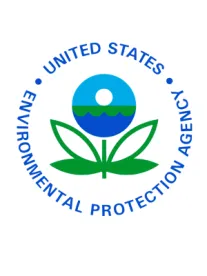Over the summer, EPA published a policy document to enhance cooperation between it and the many state agencies that enforce federal environmental programs. The document formalizes a long-standing priority of this administration to, as we previously reported, “rebalance the power between Washington and the states to create tangible environmental results for the American people.”
The policy outlines procedures for effective communication and planning, as well as details regarding the balance of power between EPA and the state agencies. EPA and state agencies will work together to develop inspection and enforcement priorities. Generally speaking, EPA will defer to states to implement inspections and enforcement for authorized programs, but EPA may get involved in certain situations, such as:
-
Violations that are part of the National Compliance Initiatives, specific program priorities established by EPA, to ensure nationwide consistency in the response,
-
Situations involving multi-state or multi-jurisdictional interests or interstate impacts,
-
Emergency situations where there is substantial risk to human health or the environment,
-
Situations where the state may lack the equipment, resources, or expertise to deal with the issue, and
-
Serious situations that may warrant criminal enforcement.
EPA also established procedures for elevating issues when there is disagreement between EPA and the states. In the event of a disagreement, an issue should be elevated to senior management on both sides within 30 days. If, after elevation, there remains a dispute, the matter should be elevated within 60 days to EPA Assistant Administrator for the Office of Enforcement and Compliance Assurance for a final decision.
The policy encourages information sharing between the agencies. However, it specifically notes that EPA may be precluded from sharing certain information to preserve confidentiality. For example, EPA may be required to withhold details of a planned enforcement action from a state if the state has not executed a confidentiality agreement or the state’s freedom of information laws provide for more disclosure.
The policy is one more step towards EPA’s goal of empowering states and enhancing cooperation with regard to federal environmental programs.



 />i
/>i

